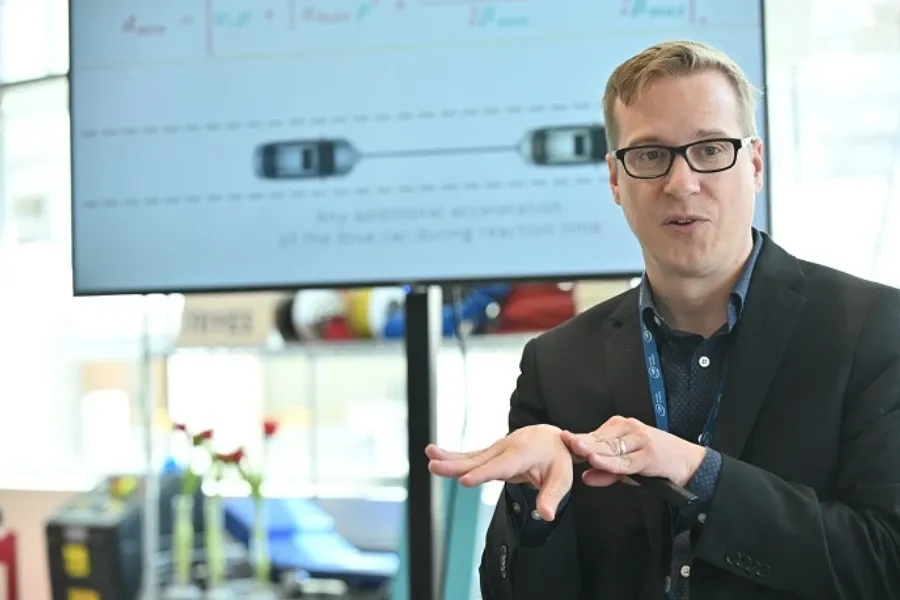Happy New Year!
Happy New Year to all ICT Business readers, followers, business partners, advertisers, and friends. ICT Business team.

The Institute of Electrical and Electronics Engineers (IEEE) has approved a proposal to develop a standard for safety considerations in automated vehicle (AV) decision-making and named Intel Senior Principal Engineer Jack Weast to lead the workgroup. Participation in the workgroup is open to companies across the AV industry, and Weast hopes for broad industry representation.
Industry and regulators are struggling to agree on a method for evaluating the safety of AVs, although most people agree that standards are needed to establish regulatory thresholds for granting AVs their driver’s licenses. Multiple approaches are in development even though industry consensus is lacking.
Meanwhile, technology development is not standing still and is nearly ready. This puts pressure on regulators to create rules for operating AVs worldwide. Known for its technical depth and relative speed at standards development, IEEE expects to publish the first version of the standard within a year - an important consideration as calls for regulation increase.
“This standardization project will provide an important basis for the development of open, formal models in automated vehicle decision-making,“ said Riccardo Mariani, vice president of Standards Activities at IEEE Computer Society. “Redundancy and diversity are crucial to developing scalable frameworks for safe automated driving.“
The new standard, IEEE 2846, will establish a formal rules-based mathematical model for automated vehicle decision-making that will be formally verifiable (with math), technology neutral (meaning anybody can apply it) and adjustable to allow for regional customization by local governments. It will also include a test methodology and tools necessary to perform verification of an AV to assess conformance with the standard.